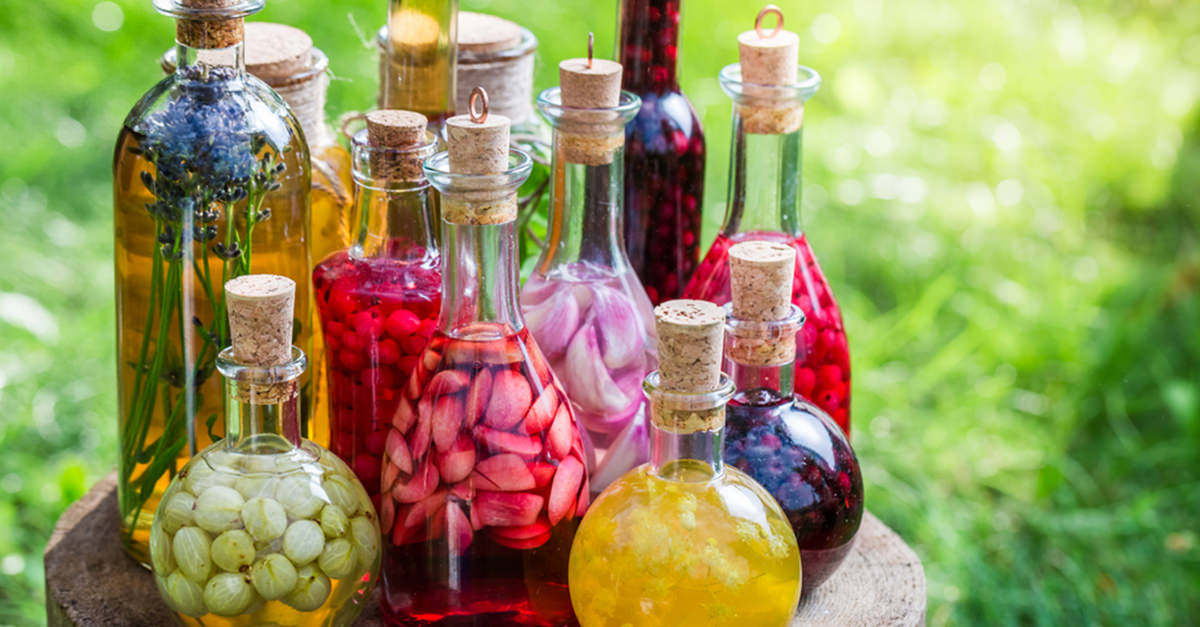Back in the day, when electricity and food technologies like preservatives and flavourings had yet to exist, there was only one way to create food – from scratch. For most, the cooking knowledge of the past such as making your own pasta or sourdough are skills that have stopped at our grandparents. But, of course that doesn’t need to be the case for you. Let’s revive some forgotten skills and become competent in the kitchen again.
Remember the jars filled with fresh vegetables and the spicy scent from making pickles? Or flour all over the table from our grandmother’s pasta making? When we revive these forgotten skills, it’s safe to say that it can also revive our memories of the past. Not only are these kitchen skills nostalgic, there are a wide range of benefits that come with them:
More Appreciation for your Food
There is a certain appreciation that comes with making your own food. You learn to become more grateful for what you have made and become less wasteful of the food that you will consume.
Understanding the Ingredients of Your Food
By making your own pasta, bread and even your own pickles, you get to choose what goes in what you eat. This means you can choose to have less preservatives, colouring, sugar and salt. Your food is generally fresher, contains more nutrients, and, once you have nailed the recipe, tastier.
Practise Mindfulness
Last but not least, cooking can be a therapeutic activity. Making food from scratch means forgoing the ‘instant’ products we can purchase at the supermarket. This can be an exercise in patience and mindfulness, which will make your food so much more special.
5 Different kitchen skills to learn
To get you started on practising the forgotten skills of the past, here are 5 inspirations for different kinds of food you can create. All of these are taught in our workshops here at Perth City Farm.
Sourdough
Good fresh sourdough bread can be hard to find and is generally expensive. Good sourdough only needs four ingredients: Flour, water, salt, and, maybe most importantly, time. Sourdough breads have a lower glycaemic index, are easier to digest for many people, and there is nothing more inviting than the smell of freshly baked bread coming out of your kitchen.
Sourdough workshops are among our most popular workshops here at Perth City Farm, and often have long waitlists. Make sure to follow our social media channels for new course releases and book this course immediately.
Pasta
Pasta is another staple that can elevate something simple to something spectacular. Only flour and water are needed to make fresh pasta dough, but the taste and quality of fresh pasta cannot be compared to the bought dry version. By making your own pasta and pasta sauces, you can learn to experiment and create the flavours to be just the way you like it. Traditionally, pasta-making was a family activity, and can be a wonderful opportunity to work together and bond.
Pasta making workshops are offered regularly at Perth City Farm, so check our current list of workshops to see when the next one is.
Cured Olives
Curing olives has been done for over 5,000 years and is not a complicated process. All you need is water, salt and, again, time. Preparing them at home, you can forego the preservatives you get in bought olives and add herbs and spices to create new culinary delights.
Gourmet olive curing workshops are also very popular here at Perth City Farm and always sell out. Keep your eyes peeled for the next one.
Non-Alcoholic Botanical Drinks
Not a fan of alcoholic drinks? Not a worry. There are many ways you can jazz up a drink by using parts of plants you have in your backyard. For instance, here at the farm, we use mulberries to make cordials and shrubs for refreshing, fizzy drinks.
Our upcoming workshop on Fancy Drinks will teach you how to make your own vinegars and shrubs from fruit you have grown.
Fermented Vegetables
Before we had fridges, people fermented their vegetables to make them last longer. Whether sauerkraut, kimchi or curtido, most cultures had similar processes to preserve their fresh foods. In the process, these foods also become more flavourful and add healthy bacteria to our diet. One of the more popular ways to ferment food is by using four simple ingredients; salt, water, your vegetable of choice and time.
Our lovely presenter Tim regularly offers fermentation workshops here at the farm. You can find the information on our next one here.
This article was written by our wonderful volunteer Fannisa Assyilah.

